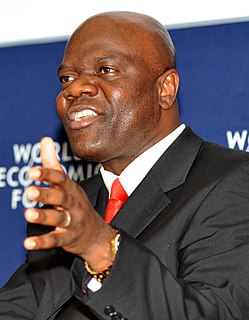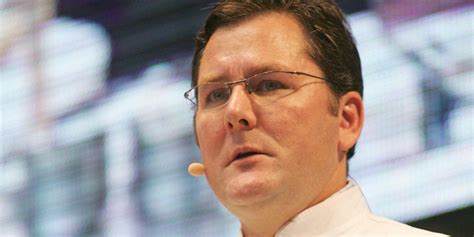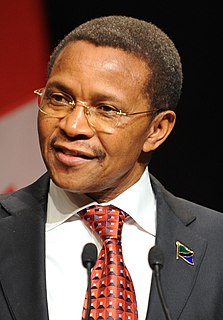A Quote by Vince Cable
The Robert Mugabe school of economics provides a salutary warning about uncontrolled monetary expansion in generating hyper-inflation. The road to Harare is not as long as we might hope.
Related Quotes
The unique aspect of today's monetary inflation is that it is not limited to one country, but a host of countries are all inflating together. As a result of the monetary inflation (when all of the newly created money begins to leave the banks and enter the system), the price inflation will be worldwide.
The underconsumptionist of 1819 believed that consumption would be stimulated by tariffs, while the underconsumptionist of a later day urged monetary expansion as the remedy. On the other hand, the remedy proposed for the shortage of money capital was monetary inflation in 1819, encouragement of savings and thrift in the 1930s.
Inflation is always and everywhere a monetary phenomenon in the sense that it is and can be produced only by a more rapid increase in the quantity of money than in output... A steady rate of monetary growth at a moderate level can provide a framework under which a country can have little inflation and much growth. It will not produce perfect stability; it will not produce heaven on earth; but it can make an important contribution to a stable economic society.
My mother and my father taught me to look at the actual problem, not the face of it, not the veneer of it. So for me, I was never - I was impressed that it - racially, I was impressed, right, but now in America it's about economics, and it's been about economics, and honestly, everything's been about economics since I don't want to say the beginning of time, but it's been about economics for a long while.
Economics should be defined in terms of what it is about. It should be about how people produce things, how people exchange them, how people earn income, how they pay taxes, how the government provides infrastructure with tax revenue, and how it conducts monetary policy. The subject has to be defined in terms of the object of inquiry.
Never forget that no government has wealth of its own to spend. The money has to come from taxation, monetary inflation, or debt expansion that must be paid later. And government's spending choices will always be uneconomic relative to how society would use that wealth. That is to say, the money will be wasted.
Some taxpayers may object to a print journalism bailout on the grounds that it mostly benefits the liberal elite. And we can't blame taxpayers for being reluctant to subsidize the reportorial careers of J-school twerps who should have joined the Peace Corps and gone to Africa to 'speak truth to power' to Robert Mugabe.
I started in the law; and the study of law, when it precedes the study of economics, gives you a set of foundation principles about how human beings interact. Economics is very useful, and I studied economics in graduate school. But without understanding the social and organizational context of economics, it becomes a theory without any groundwork.


































